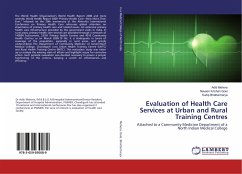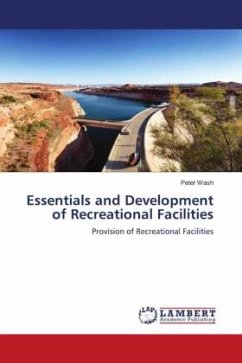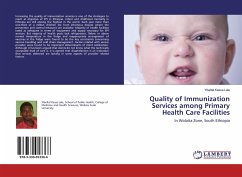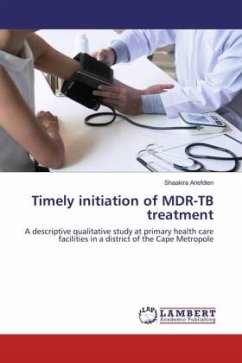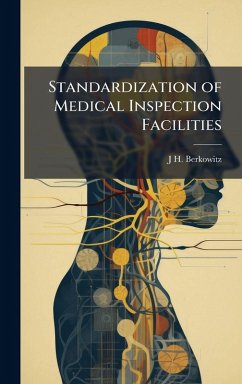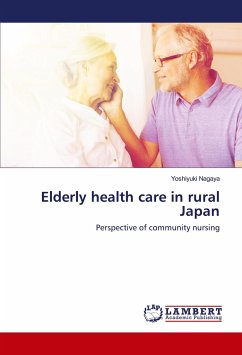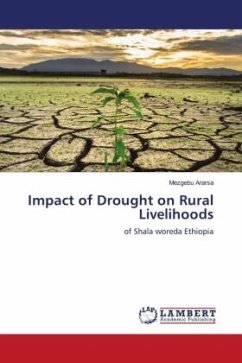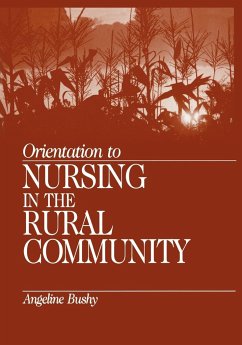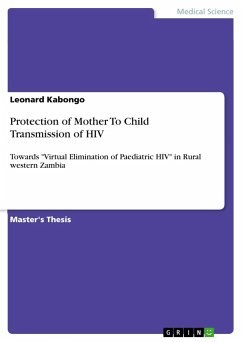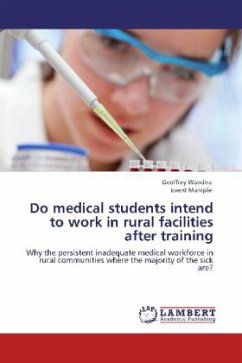
Do medical students intend to work in rural facilities after training
Why the persistent inadequate medical workforce in rural communities where the majority of the sick are?
Versandkostenfrei!
Versandfertig in 6-10 Tagen
32,99 €
inkl. MwSt.

PAYBACK Punkte
16 °P sammeln!
There is a persistent shortage of qualified health workers (HWs) globally, but worse in rural areas of developing countries. There are a number of pull and push factors that determine the HWs' location practice. In this study, the intentions of Ugandan medical students to work in rural health facities (HFs) after qualification were sounded out, together with the factors that affect them and their perception of rural areas. The study covered five government medical schools. Students of all years of study were interviewed, as well as KIs in the school administrations. Atleast 50% didn't intend t...
There is a persistent shortage of qualified health workers (HWs) globally, but worse in rural areas of developing countries. There are a number of pull and push factors that determine the HWs' location practice. In this study, the intentions of Ugandan medical students to work in rural health facities (HFs) after qualification were sounded out, together with the factors that affect them and their perception of rural areas. The study covered five government medical schools. Students of all years of study were interviewed, as well as KIs in the school administrations. Atleast 50% didn't intend to work in rural HFs after training while ahalf was divided equally among those who wanted and un-sure. The peak for those who showed intent to work in rual HFs was 4th and 2nd year for student doctors and clinical officers respectively. Other factors were also assessed. The paper recommends review of the community exposure programs for medical schools and improved support supervision in the field among others. It also recommends better facilitation of rural HFs and better incentives/ remuneration for rural HWs.



